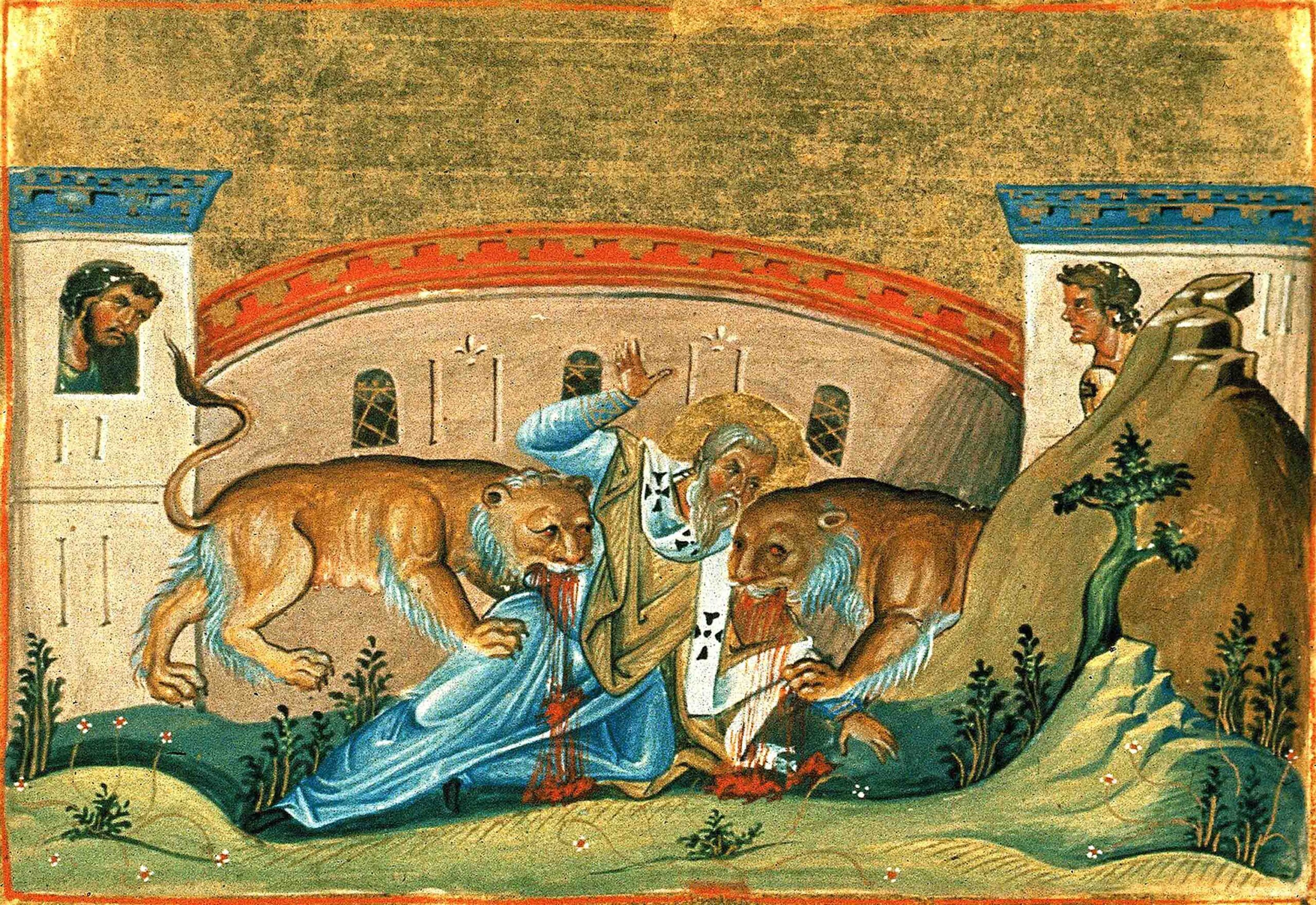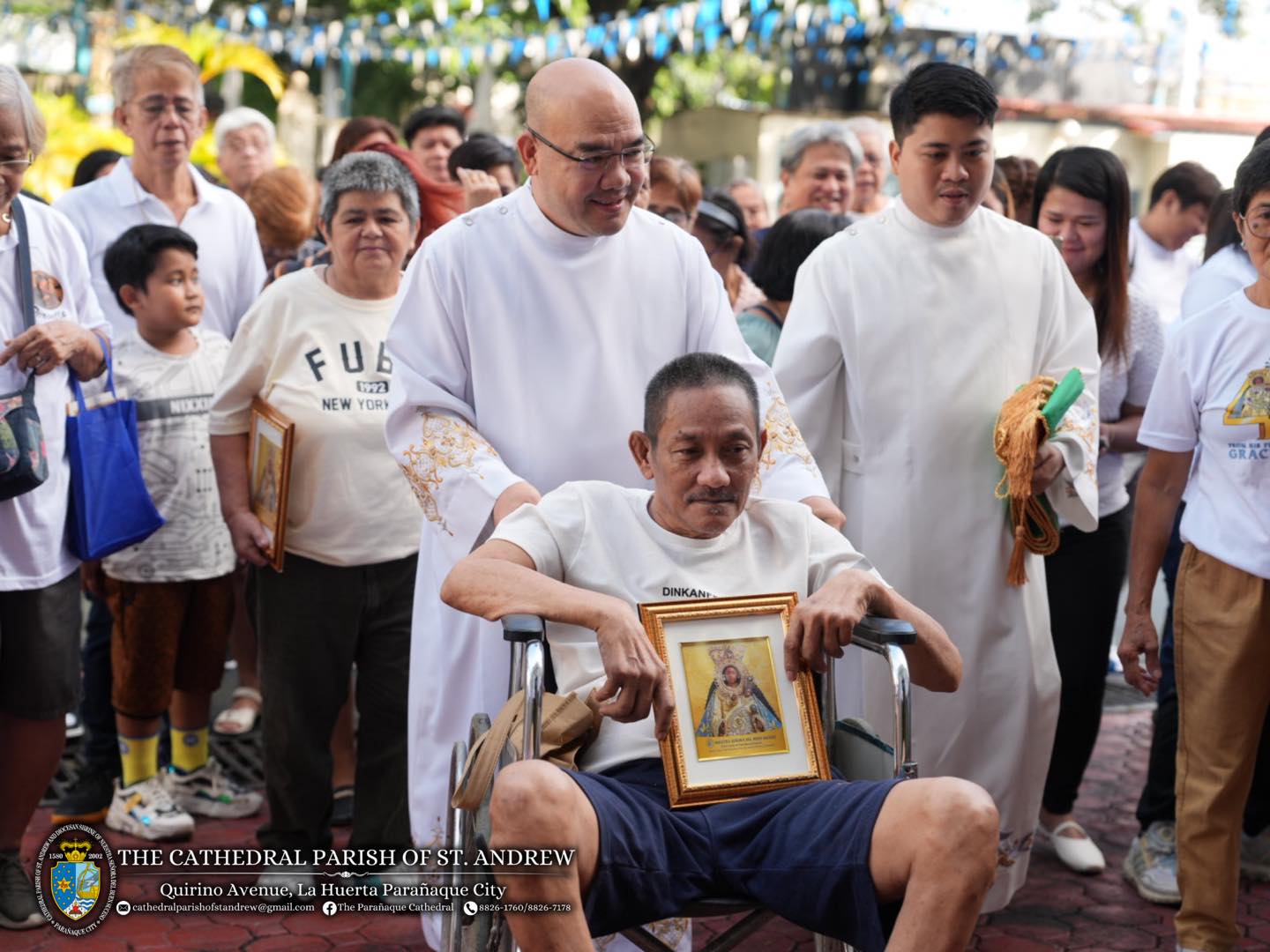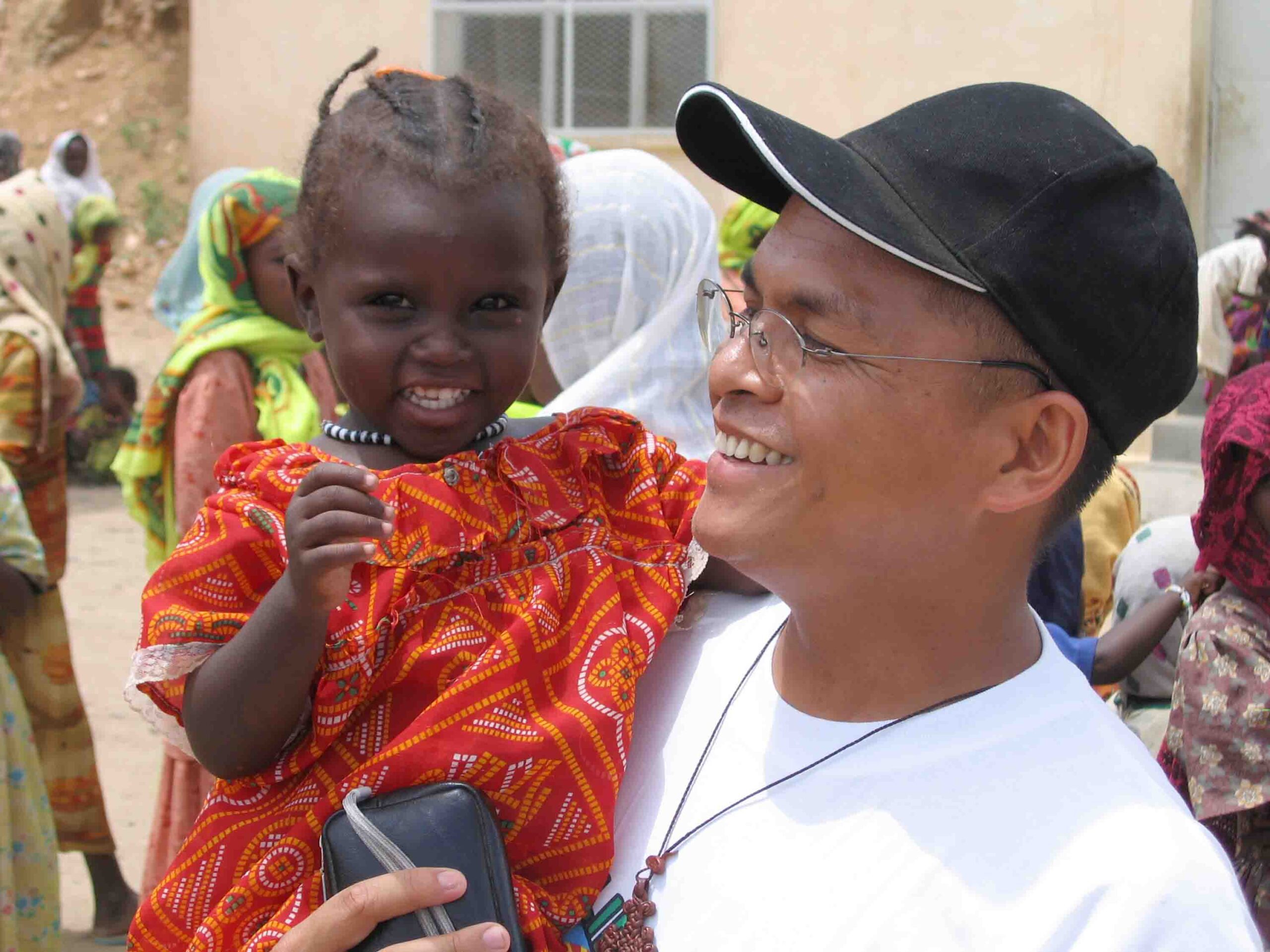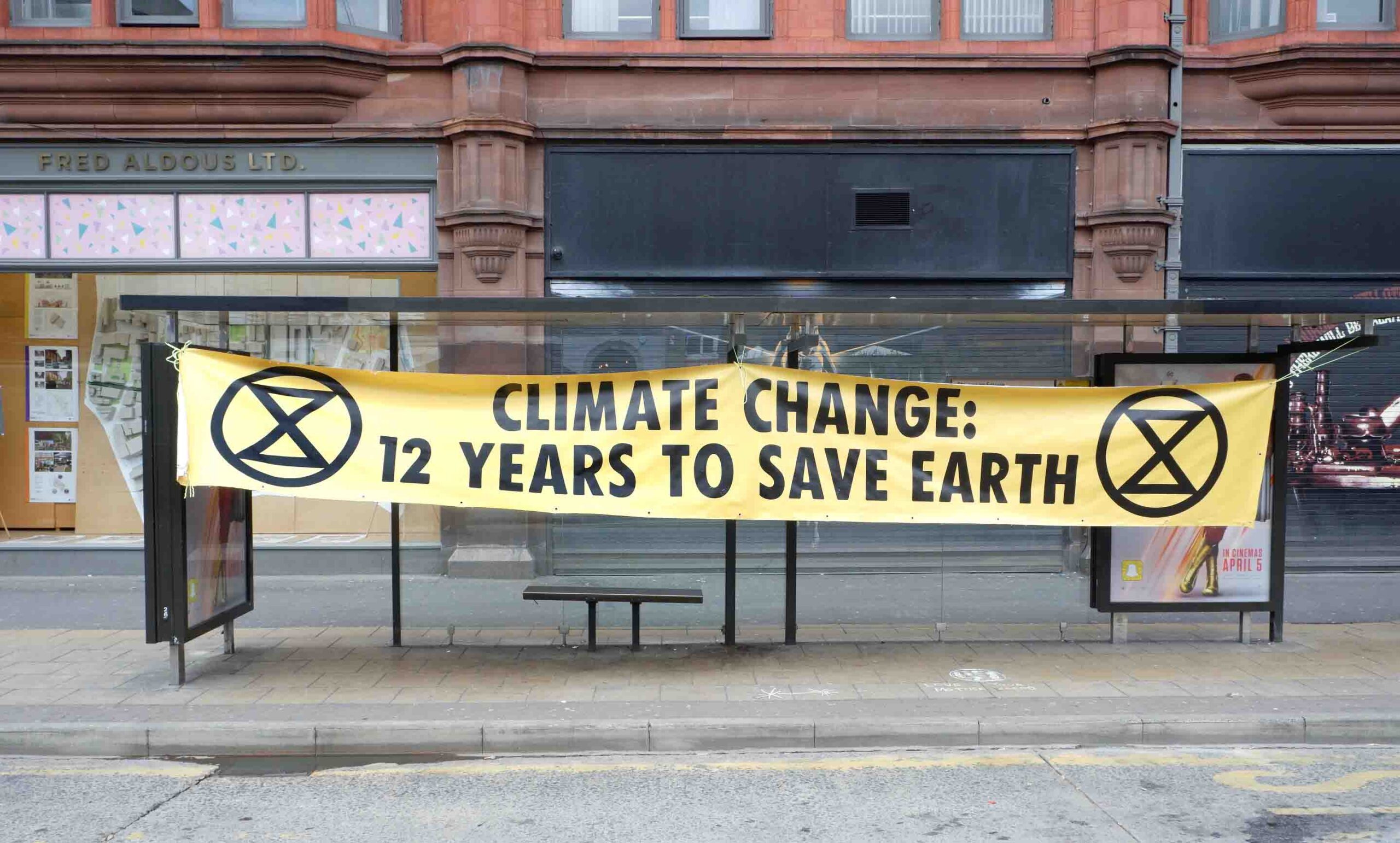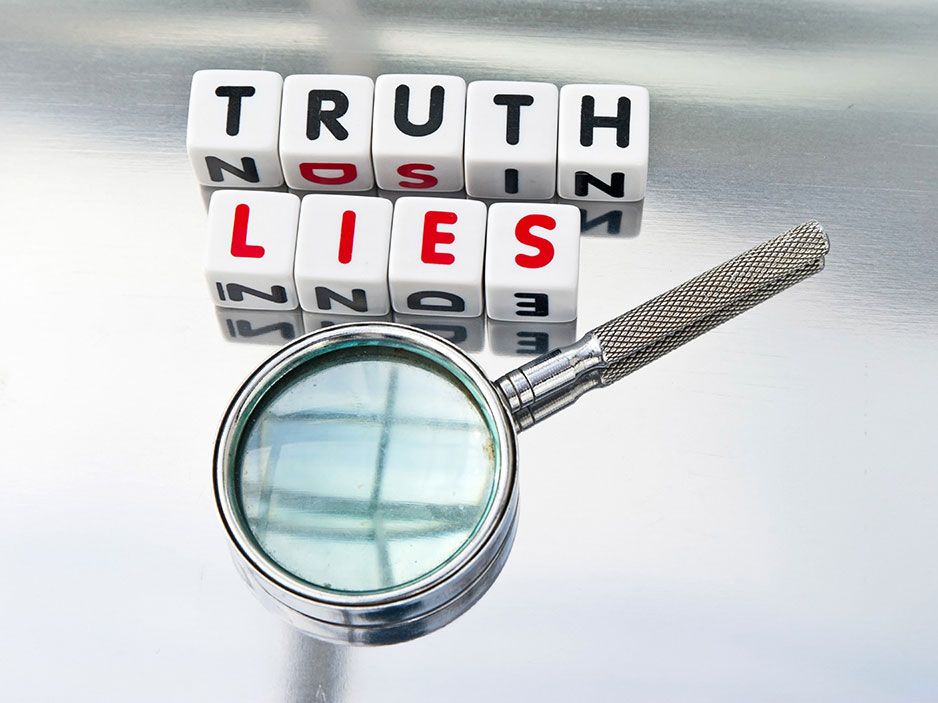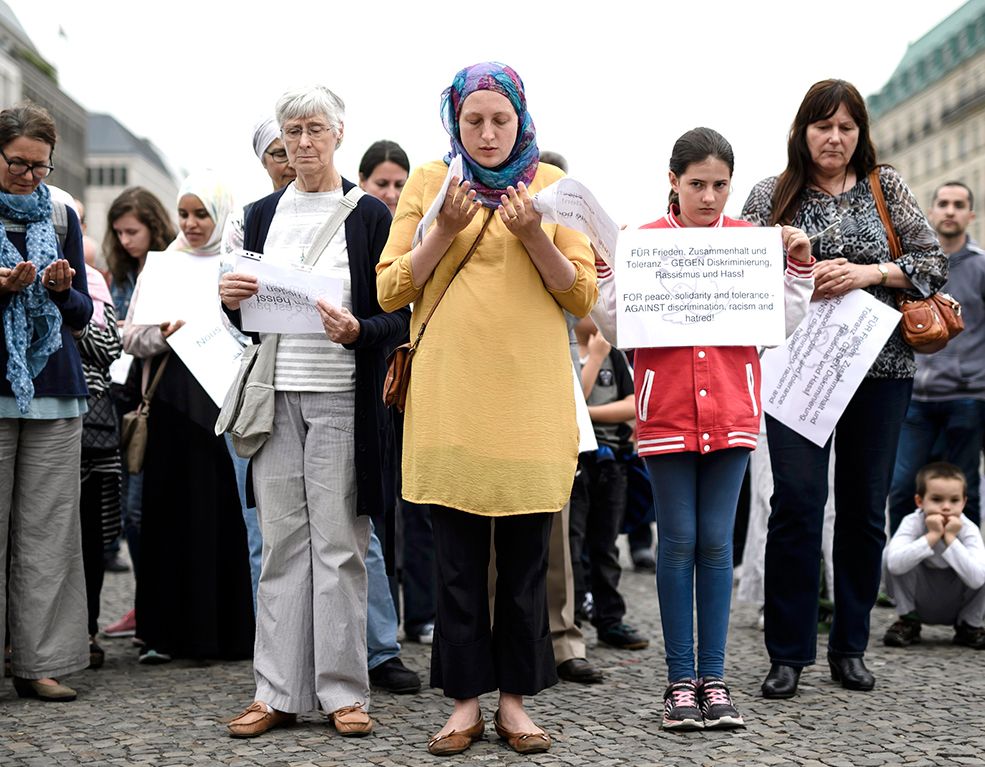Cedric Prakash, a priest of the Guzerate Province of the Society of Jesus, is one of the most recognized activists for human rights, justice, reconciliation, and peace in India. For speaking out against the powerful in defense of the marginalized, he has been beaten up and received death threats.
In 1998, for ten days, hundreds of attacks by extremist gangs targeted the poor tribal district of Dangs, where many inhabitants accepted Christianity preached by missionaries who, from the 20th century onwards, began to develop the region. According to the non-governmental organization Human Rights Watch, which accused police officers and state officials of involvement, dozens of churches and prayer rooms were destroyed or set on fire, as well as schools and stores. Many people were attacked in their own homes, insulted, and humiliated in the streets.
In 2002, Guzerate experienced even bloodier days. On February 27, after a fire on a train caused the death of 50 Hindu pilgrims, a wave of riots followed, resulting, according to official figures, in almost 2,000 deaths (790 of them Muslims-the main target of the attackers), 2,500 injured and 223 missing.
At the time, the ruler of Gujarat was Modi, who was accused, but ten years later acquitted by the Supreme Court, of having “initiated and encouraged a pogrom” (a word of Russian origin, meaning “to wreak havoc, to destroy violently” and used to define organized movements aimed at exterminating certain groups).
Cedric Prakash, a resident of Ahmedabad, the largest city in Gujarat, has become one of the most ardent defenders of the “victims of the fundamentalist forces that carried out the carnage,” taking part in various campaigns for the rights of those who survived, together with various groups, in particular Citizens for Justice and Peace, of which he is a board member.
Cedric Prakash continues to be a generous facilitator and speaker whose voice is sought and heard on critical social issues. Here below is an interview with him.
A report by the Indian interdenominational organization Persecution Relief states that between 2016 and 2019, “crimes against Christians in India increased by 60%.” In 2021, “there were more than 300 attacks” in various regions of the country. What are these attacks, and why are they increasing?
Yes, it is true that crimes against the tiny Christian community have increased sharply since 2019 and, in particular, in 2021. We witnessed several such attacks in December: before Christmas, during Christmas, and the day immediately after! The attacks have included disrupting and stopping, using brute force, Christmas prayer ceremonies and celebrations, noisy protests outside churches against what they [extremists] call “forced conversions,” desecration and vandalization of images and other objects of Christianity, threats, harassment and hate speech against Christians and other minorities.
Unfortunately, all this takes place with the connivance of the police and local authorities. The perpetrators know full well that whatever they do, with impunity and the support of the media, will be guaranteed immunity by the powerful in this country. The attacks are mostly committed in states governed by the Bharatiya Janata Party (BJP) which controls 31 legislative assemblies, such as Uttar Pradesh, Karnataka, Madhya Pradesh or Haryana.
How do you explain this growing hostility towards a minority that represents just over 2% of India’s 1400 million inhabitants?
The anti-conversion laws being passed by the BJP-ruled states are a pathetic, unconstitutional, and undemocratic act to denigrate Christians with the “ghost” of forced conversions, to polarize the Hindu majority by resorting to unfounded and illegitimate fears, and, above all, to advance towards the main objective: the creation of a state based on Hindutva ideology, which is fascist and rabid by nature.
This ideology has nothing to do with Hinduism. It is inspired by Nazism, fascism and apartheid. The main proponents belong to the Rashtriya Swayamsevak Sangh (RSS), an ultra-nationalist organization, which never worked for the liberation of India [from British colonialism] and which was responsible for the death of Mahatma Gandhi. Most of those who rule India today are members of the RSS.
One of the targets in the campaign against conversions was the Missionaries of Charity (MC), which, on Christmas Day, saw all its accounts frozen and was banned from continuing to receive donations from abroad to fund its orphanages and shelters. How do you interpret this decision (which was revoked on January 8)?
Mother Teresa is one of the last century’s greatest icons of the Catholic Church (particularly in India). Demonizing the Missionaries of Charity and destroying them completely seems to be a clear strategy of the Hindutva extremists. They hope, I suppose, for the collapse of Christianity if they succeed in destroying the MCs. But this is illusory!
How do you characterize Catholics and their relationship with other religious communities in India?
During my childhood and as a student, I was raised in a multicultural and multi-religious environment. Not only did we respect each other’s religion, but we also celebrated each other’s festivals together. With the emergence of the Hindutva elements, the situation changed a lot! As soon as they took power, Christians in various regions preferred to remain isolated–this is a serious issue because it became much easier for forces hostile to the idea of a pluralistic India to succeed in their nefarious designs and ultimately fulfill their agenda. Unfortunately, the Catholic Church in India indulges in symbolism and has not made enough effort to engage in interfaith dialogue and grassroots action. We have not been able to fulfill Vatican II’s dream of a Church present for all!
Can you explain more about your criticism of the Church, which, in your opinion, “has been (with a few exceptions) officially very silent”?
Yes, I hope that the official Church, as Pope Francis constantly reminds us, will “raise a prophetic voice” whenever there are attempts to destroy the sanctity of our Constitution or to attack and persecute minorities (Christians, Muslims, Sikhs, etc.), Adivasis [tribes, indigenous peoples] and Dalits [those who occupy the last place in the caste system, once pejoratively called “untouchables”], peasants and migrant workers, or attempts to attack the environment. This did not happen. Sadly, the Catholic Church in India is too afraid of losing its privileges and assets, and too afraid of the scandals in which many of its officials are involved. I would like to remind you that Jesus was never a diplomat, that he believed in Truth and Justice, and that he rebelled against the Herods and Pilates of his time!
In 2021, after their first meeting, Modi invited Pope Francis to visit India. If this visit takes place, what do you expect from it?
The Government of India has not issued any official statement regarding a possible visit, after a resounding personal invitation; moreover, the Vatican statement also made no reference to a visit. I would absolutely love Pope Francis to come to India. When I met him at the Vatican in December 2019, I asked him about the possibility, and he said he would love to visit too. Nobody knows if it will materialize. However, if and when he does come, I hope and pray that not only will he feel safe here, but that the Church of India will not prevent him from opening his heart and speaking softly about what is happening in our country-especially about religious freedom!
Narendra Modi is said to blame Cedric Prakash for being denied a diplomatic visa to enter the US in 2005, after his testimony before a religious freedom commission about the Gujarat massacre in 2002. Today, however, the Indian Prime Minister is welcomed on a red carpet by world leaders despite his brutal authoritarianism. How do you explain this change in attitudes? How do you see the future of India if he remains in power (he remains a popular leader without a strong opposition)?
It would be sheer arrogance on my part to think that it was only because of me and my testimony before the USCIRF that Modi was denied a visa to the US. The truth is that it resulted from the efforts of many coalitions, groups, and individuals, who presented convincing evidence for the visa not to be granted. But yes, I played a small role! As soon as he was elected head of the [central] government, the US administration had no choice but to offer him the necessary protocol. However, on his last visit to the US, unlike under the Trump regime, they didn’t roll out the red carpet for him! Under his leadership, India’s future is extremely bleak! He is extremely autocratic by nature, and the longer he stays in charge, the more the democratic fabric of the country will be destroyed. India urgently needs visionary, shrewd, honest, inclusive, and compassionate leaders. Now!











